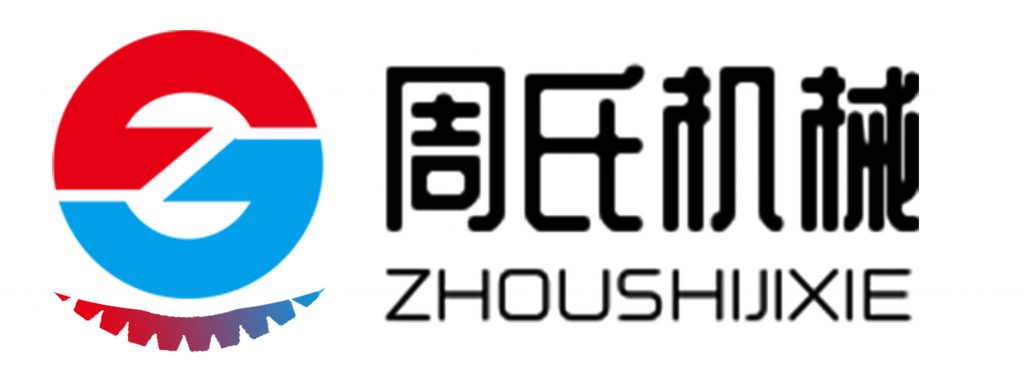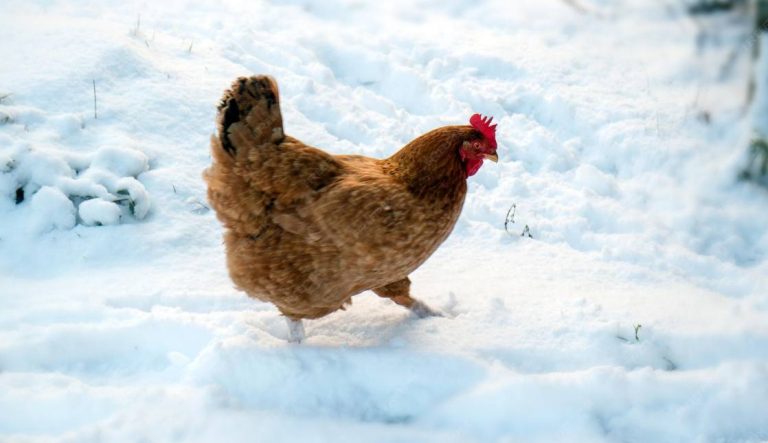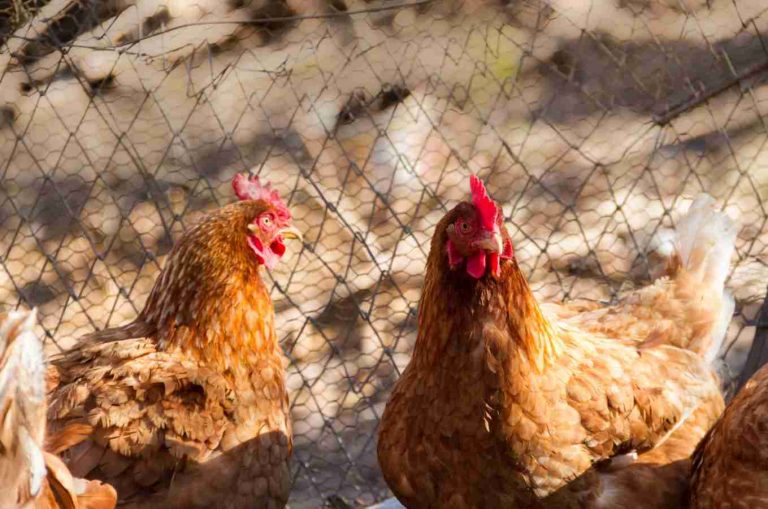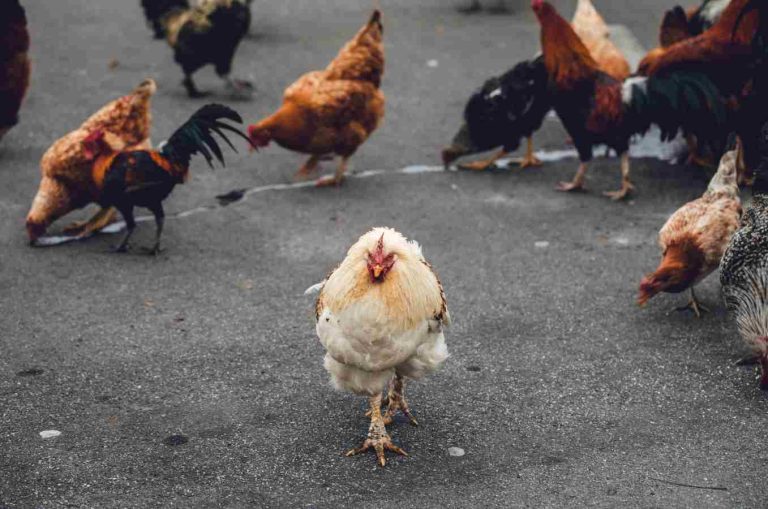What Are Poultry Layer Cages and Why Are They Important?
Specialized enclosures known as poultry layer cages are utilized in the housing of laying hens to improve their living conditions for egg laying purposes effectively within modern poultry farming practices.Increasing productivity levels along with promoting cleanliness and lowering labor expenses are benefits associated with these cages. They are meticulously designed to provide a habitat for the hens while streamlining management procedures effectively.
Why Do Farmers Use Poultry Layer Cages?
Farmers choose to use poultry layer cages for reasons. In these cages, hens can lay eggs in a controlled environment without disturbances. This helps to decrease stress levels and enhance egg production rates. The structured setup also helps in preventing the spread of diseases by separating the birds and upholding cleanliness. Moreover, this system makes feeding, watering and egg collection easier and efficient resulting in time and labor savings.
How Do Poultry Layer Cages Contribute to Efficient Egg Production?
The use of poultry layer cages is essential for increasing egg production effectively in farms. These designed cages are equipped to ensure that eggs are safely collected without any breakage by allowing them to roll out smoothly onto a collection tray. Moreover the integration of automated systems with these cages not only streamlines processes such as feeding and manure cleaning but also improves ventilation within the coop. By providing an environment for laying hens, these cages aid farmers in achieving higher yields with minimal physical exertion.
Exploring the Different Types of Poultry Layer Cages
What Are the Main Categories of Poultry Layer Cages?
There are two types of poultry layer cages: A type and H type structures, each with unique characteristics designed to meet various farming needs and scales.
A-Type Poultry Layer Cages: Features and Benefits
Poultry layer cages of the A type feature a tiered design that enhances space efficiency and ensures airflow for the birds inside them. This type of cage is commonly constructed using dip galvanized materials to increase longevity and resist corrosion. They come in 3 to 4 layers with dimensions of 1950×400×440mm each. Creating a space of at least 450cm² per bird allows for comfortable living conditions and can house between 3 to 5 hens, behind each door.
The design type A is especially beneficial for medium sized farms because its easy to manage and maintain. This type of cages can also have automated systems for feeding and cleaning manure installed on them.
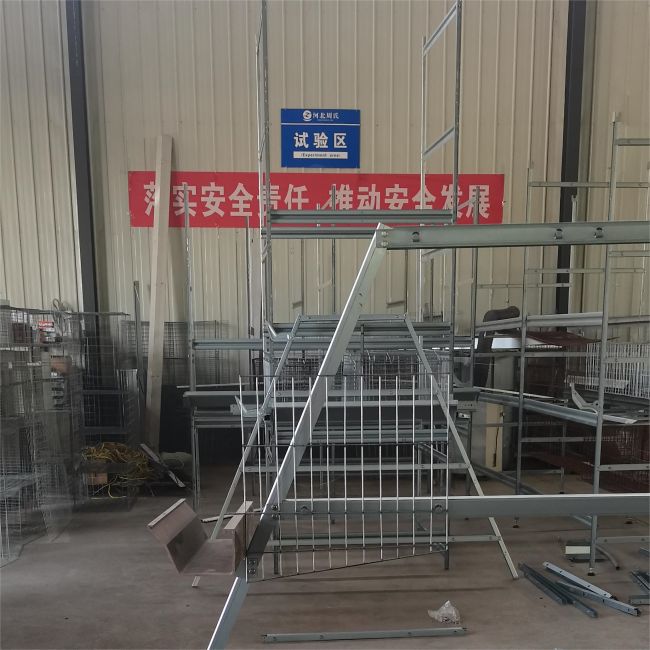
H-Type Poultry Layer Cages: Features and Benefits
Poultry layer cages of H type are tailored for farming setups and can house over 25k birds in one unit efficiently stacked vertically to make the most of floor space and simplify management tasks at the center. A group can hold many as 192 chickens with cage measurements of approximately 1200mm in length by 600mm in depth and a height range of 400–420mm per cage.
In H type setups there are usually automation functions like environmental control systems that keep track of temperature, humidity and air quality. This helps create the conditions for growth and also cuts down on labor expenses by a large margin.
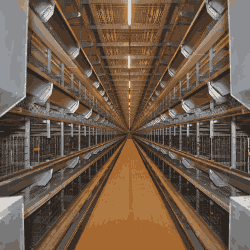
How to Decide Between A-Type and H-Type Cages for Your Farm?
When deciding between A type and H type poultry layer cages for your farm setup, considerations such as scale and operational requirements come into play. For to medium sized farms with space constraints and a need for easy maintenance options or those looking to maximize efficiency may find A type cages more suitable. In contrast to this setup are the H type systems which’re better suited for larger scale operations that require automation and increased capacity.
Factors to Consider When Choosing a Poultry Layer Cage
What Should You Look for in a High-Quality Cage?
Choosing the cage for your poultry layers is essential to guarantee top notch performance and durability. You should consider important factors such as material and efficiency.
Durability and Material Quality
In challenging farming conditions sturdy poultry layer cages made of hot dip galvanized materials can last up to two decades without succumbing to corrosion.
Space Optimization and Bird Comfort
Ensuring birds have space in their cages is crucial for their well being and comfort. Each bird should have room (for example at least 450 square centimeters) allowing them to move freely without feeling overcrowded. Moreover, features such as built in water lines and feeders play a role in the hens overall health and happiness.
How Does Ventilation Affect Egg-Laying Performance?
Ventilation plays a role in the egg laying performance of poultry farms as it helps regulate the temperature and minimize harmful gases such as ammonia within the cages. The sophisticated ventilation systems, in H type configurations, dynamically control airflow according to the surrounding conditions, leading to improved bird being and steady egg output levels.
To make informed choices that align with their operational goals when selecting from the different types of poultry layer cages available on the market l farmers should take into account aspects like durability, comfort and ventilation.
The Role of Zeus in Providing High-Quality Poultry Layer Cages
Why Choose Zeus for Your Farm Equipment Needs?
Established as a player in the poultry farming sector, Zeus provides advanced machinery tailored to meet modern farmers’ exact requirements. Their equipment is meticulously crafted for reliability and operational efficiency.
Key Advantages of Zeus’s Products
Zeus is known for incorporating dip galvanized materials into their poultry layer cages to enhance durability and resist corrosion effectively for up to two decades of service life.The A type ladder layer chicken breeding equipment is crafted to maximize space efficiency and ensure ventilation.
The enclosures come in sizes like 1950×400×440mm and can house 3 to 5 chickens per opening with a minimum of 450cm² of space per bird provided for their comfort and welfare while also increasing efficiency in egg production. Zeus also provides all-in-one systems including automated egg gathering tools and feeding systems along with waste management solutions to simplify tasks and cut down on labor expenses.
H type stacked chicken cages are a choice for large-scale operations as they can accommodate more than 25k birds in one place which is perfect for big farms needing high capacity setups.The automation features are top notch, with environmental control systems ensuring the growth conditions by keeping a close eye on temperature, humidity and air quality levels.
Customer Support and After-Sales Service by Zeus
At Zeus you can count on more than top notch products—they’re dedicated to tellar customer service and post purchase care as well! Their team of specialists is there to help you choose the equipment tailored to your needs and preferences. Moreover they provide instructions on installation and valuable maintenance advice to keep their products running smoothly for years to come.
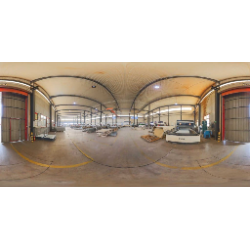
Maintenance Tips for Maximizing the Lifespan of Your Poultry Layer Cage
Keeping poultry layer cages in shape is essential to maintain their longevity and functionality on the farm, which ultimately boosts productivity.
How Can Proper Maintenance Improve Cage Longevity?
Top notch chicken coop cages crafted from dipped galvanized materials are built to endure for a span of 20 years effectively; nevertheless disregarding regular upkeep can notably diminish their longevity duration. Through following cleaning protocols and carrying out routine check ups diligently, farmers can avert problems like rust or impairment to the structure.
Cleaning Practices for Optimal Hygiene
Ensuring cleanliness in the poultry layer cages is crucial to keeping the chickens healthy and reducing diseases with regular cleaning routines being a part of proper maintenance.
- Daily Removal of Manure: Automated manure cleaning systems can simplify this process by efficiently removing waste from the cages.
- Regular Disinfection: Use safe disinfectants to clean all surfaces within the cage system. This reduces the risk of bacterial or viral infections.
- Water Line Maintenance: Ensure that water lines are free from blockages or leaks to provide a consistent supply of clean drinking water.
At Zeus they provide all-in-one water line systems that come with drip cups to stop water from dripping onto the manure belts ensuring cleanliness and saving water resources.
Preventing Wear and Tear Through Regular Inspections
Regularly carrying out inspections is essential to catch any problems early on preventing them from getting worse over time.
- Cage Structure: Check for signs of rust or loose components.
- Feeding Troughs: Ensure that feed troughs are securely attached and free from cracks.
- Automatic Systems: Test automated features like egg collection and ventilation systems periodically to confirm they are functioning correctly.
Products from Zeus are crafted with features such as convenient push in cage doors and smooth feed trough designs to reduce long-term damage and maintenance needs, for farmers making it simpler to upkeep their equipment without the hassle of frequent repairs or replacements.
FAQ
Q:Why are A type chicken layer cages a fit for small farms?
A:A type chicken layer cages are designed to be compact and easily handled which makes them well suited for medium sized farms. They make use of space while ensuring proper ventilation and comfort for the hens laying eggs.
H type stacked cages are great for boosting productivity because they make the most of floor space by stacking layers and come with modern automation systems that cut labor costs and improve operational efficiency.
Q:What kind of materials does Zeus use in their poultry layer cages?
A:Zeus opts for dip galvanized materials renowned for their sturdy build and ability to resist corrosion.
Q:How long can a poultry layer cage last if well taken care of?
A:Ventilation plays a role in influencing egg production rates as it helps maintain the ideal temperature and minimizes the presence of harmful gases such as ammonia, thus fostering a healthier environment conducive to steady egg production levels.
By selecting machinery from Zeus and adhering to the suggested upkeep procedures, farmers can enhance their productivity and prioritize the well being of their egg laying hens.

